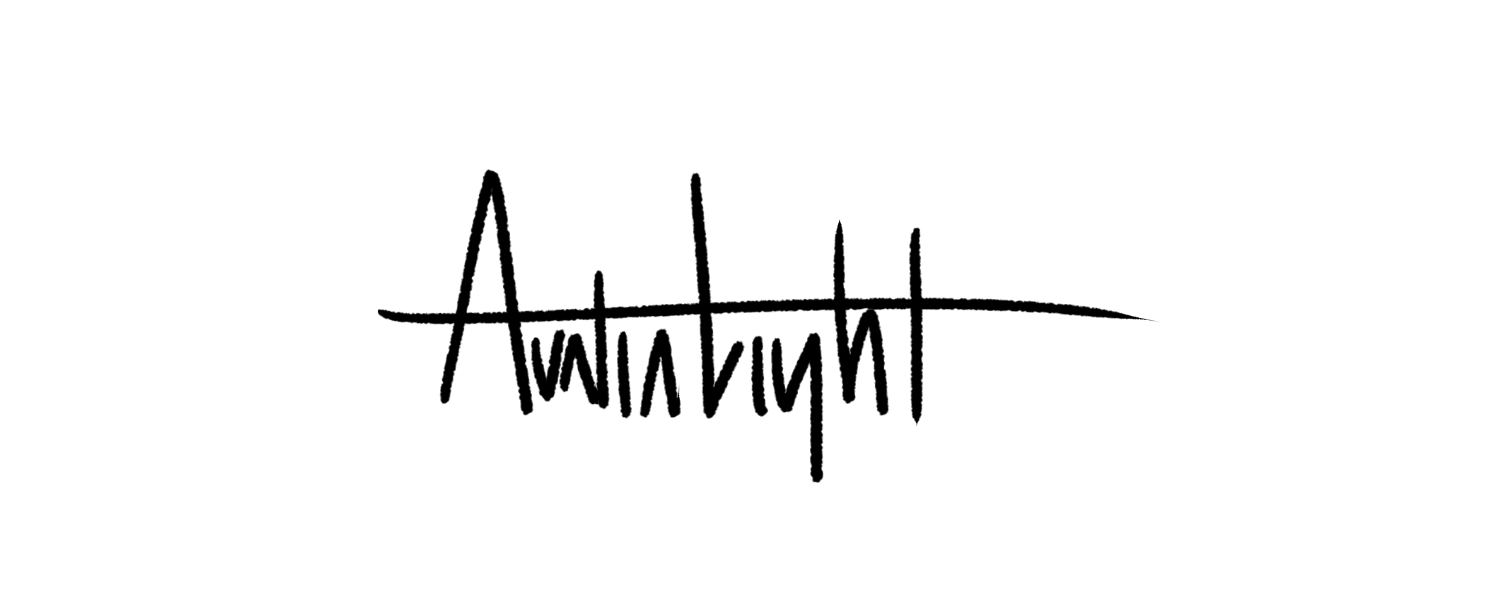Five things I learned from my Oatley Academy Mentorship with Sarah Marino
/I had the privilege of being in Sarah Marino’s first mentorship class at the Oatley Academy. It was amazing (this should not be shocking news to anyone who has listened to Sarah’s interview on the Art Cast). I learned so much about the animation industry, and myself.
I narrowed it down to five things--these were things I didn't expect to learn, but I'm so glad I did. The sort of intangible stuff you can't get from a course description. Also, when you write lists they should always be in odd numbers.
1. ‘Working in animation’ can mean a lot of things
Maybe you knew this if you’re in art school, or live in Santa Monica, but I had no clue. Sarah broke it down for us in our first session. There are tons of different jobs! Room for people who specialize and people who do a little bit of everything. I’m not at a point where I’m able to switch careers and work in the industry, but I now know that’s a possibility, and that’s exciting.
It’s like when someone brings a puppy to the office. You probably can’t take it home, you might not even get a chance to go over and pet it, but just knowing it’s there makes you happy.
2. It’s not just your growth that helps you grow
Of course the critiques you receive on your work are going to be helpful, but don’t tune out when it’s not your turn. Watching Sarah work her wizardry on your classmates’ images is just as valuable.
Becoming a better artist isn’t just about fixing your mistakes. It’s about thinking critically and purposefully about art in general. Sarah’s great at that. Listen when she talks—she’s earned that mentor title.
3. Research makes a difference
It’s tempting to just start drawing the second an idea sparks to life in your brain. But if you take some time to think through the little things, the big things come much easier later on.
Sarah showed us her process, and had us follow along, doing research of our own. This is the part of the class when you’re taxiing on the runway. Do it right, and you’ll be in for a smooth flight.
Also, when research involves collecting tons of rad pictures by amazing artists and photographers, it’s not so bad.
4. There’s no such thing as perfect, so don’t try to be
As a self-taught artist, I’ve struggled with living up to the Amazing Perfect Artist I have in my head. That guy does everything right. He’s not just good at cartooning; he’s an incredible painter too. Trying to be like that fictional Austin always ends in frustration. You’d think I’d stop letting him occupy space in my brain.
Over the course of the mentorship I learned that leaning into your specialty isn’t a bad thing. Self-improvement is great, but if you’re not the world’s best landscape painter, that’s okay, you don’t have to be.
Sarah meets you where you are. This class is more about helping you with hows and whys—the process as opposed to the fundamentals (anyone can work on fundamentals, spend a day drawing eyeballs, you’ll be better at eyeballs).
There isn’t a perfect version of you, but there is a better one—a version of you that thinks and works smarter. Put yourself out there and participate in the class, and with Sarah’s help, you’ll be a better you.
5. Art friends are the best kind of friends
Again, you might have known this, but it was huge for me. As we got to know each other, we started chiming in more on chat during class, helping make images better, suggesting references, sharing experiences, and more. Months after the mentorship ended, we’re still posting art, collaborating and growing.
Plain and simple: my life is better just knowing the people from my mentorship class. It’s a mini-community I’m so happy to be a part of.
You should be a part of it too.
If you’re considering auditioning, just go for it. And if you get in, make the most of it. Participate in class, share with others, friend your classmates on social media, learn, grow, and have fun.
I know I did.


